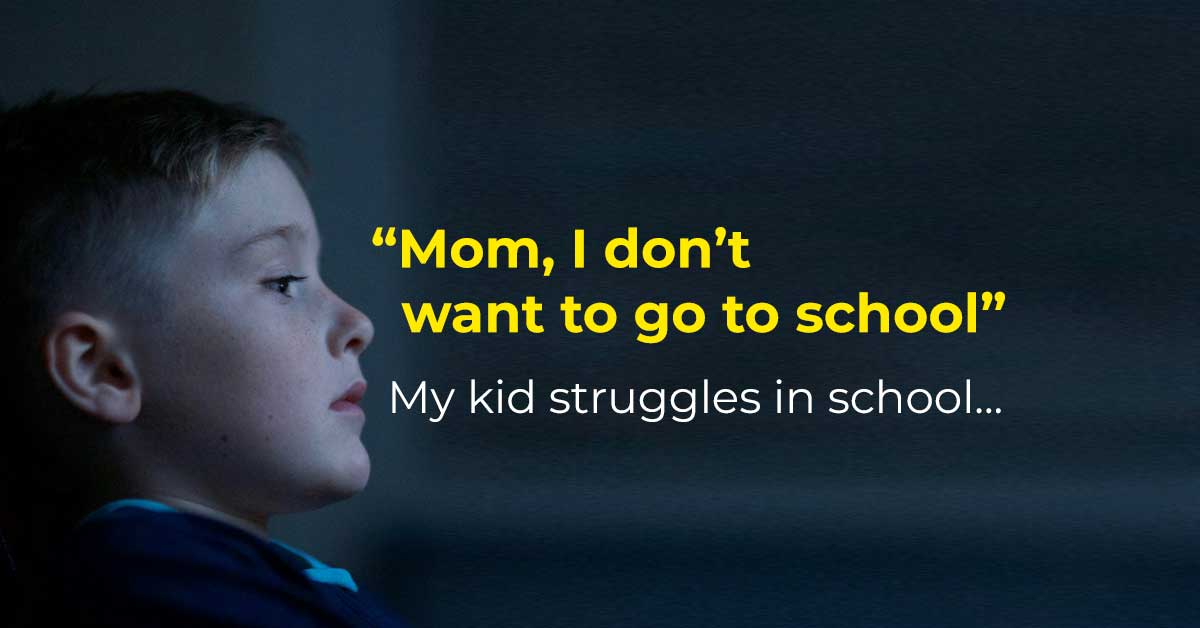"Mom, I don't want to go to school"
Children with underdeveloped frontal lobes often struggle with school life. The frontal lobe is responsible for motivating children, helping them focus, setting goals, making decisions, and managing behaviors related to humanity and morality. When the frontal lobe is not well-developed, children may find it challenging to plan, perform complex tasks, or generate ideas. They may also become sensitive to irrational stimuli or react with anger, which can lead to difficulties in adapting to the new environment of school.
Frontal lobe development begins in infancy and plays a role in regulating emotions and following rules during early childhood. However, at this stage, it is not yet efficient, and further development is needed to suppress inappropriate behaviors. The frontal lobe matures gradually throughout childhood and adolescence and continues developing into the 20s. This delayed development is one reason why car rental companies often refuse to rent vehicles to individuals under 25 years old.
The frontal lobe (Frontal Lobe) is divided into three parts: the Prefrontal Cortex (PFC), the Orbitofrontal Cortex (OFC), and the Anterior Cingulate Cortex (ACC).
Years ago, it was observed that students who participated in physical education classes in a high school in Illinois, USA, showed a remarkable improvement in their academic performance. These students not only excelled in core subjects but also performed outstandingly in international academic achievement assessments, ranking 5th in math and 1st in science. Researchers studying this phenomenon concluded that exercise stimulates the frontal lobe of the brain, making it conducive to learning, and enhances the function of the hippocampus, which is responsible for memory and learning abilities.
Another study conducted by researchers at the Robinson Research Institute of the University of Adelaide in Australia found that '30 minutes of aerobic exercise such as jogging, cycling, or Taekwondo can help develop the brain's memory and physical coordination skills.' The researchers conducted exercises with participants in their 20s and 30s and checked changes in the brain at 15-minute intervals. They found that after 15 minutes, brain plasticity increased. Increased brain plasticity enhances memory and physical coordination skills. While this effect also occurs in adults, applying aerobic exercise to growing children can result in more active brain development, thereby improving learning abilities.
Children can rapidly develop their frontal lobes while enjoying Taekwondo because the movements in Taekwondo require complex learning processes beyond simple exercise. These movements must be learned through repetitive practice, which activates neural cells throughout the brain. Initially, the movements may feel clumsy and rough, but through continuous practice, they become increasingly accurate and natural. This intentional repetition and practice significantly contribute to the development of children's frontal lobes.
The complex skills and techniques involved in Taekwondo training, such as kicking, forms (Poomsae), and sparring, positively influence the development of the hippocampus, which is responsible for learning and memory, the cerebellum, which regulates the coordination of fast and complex muscular activities, and the frontal lobe, which serves as the brain's comprehensive control center for memory, thinking, judgment, and other high-level cognitive functions.
Considering that participation in sports during childhood has a lifelong impact, Taekwondo is undoubtedly the best choice for your child.
